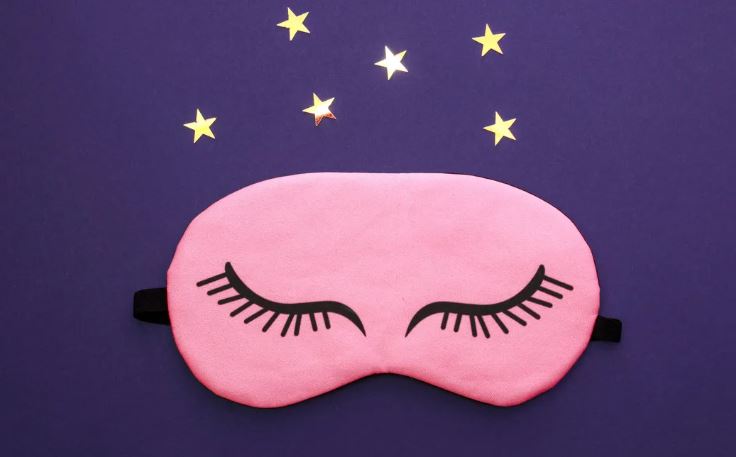When you think about all the things that affect your skin, sleep isn’t usually the first thing to come to mind. You may have heard that quality sleep is essential for our overall well-being, but did you know that it’s also a big factor that impacts our appearance? However, it’s not always easy for us to get those recommended seven to nine hours of beauty sleep. According to the Centers for Disease Control and Prevention, an estimated 70 million Americans suffer from chronic sleep disorders. Inadequate sleep not only impacts your mental and physical health, but even your physical features like hair, eyes and skin.
So, what does poor sleep do to your appearance and health? Here’s what we know.
The science behind beauty sleep
When you sleep, your body enters recovery mode and each stage of sleep is crucial to skin recovery. During varying stages of sleep, the body produces multiple hormones including human growth hormone, melatonin and cortisol. These hormones play critical roles in recovery including repairing skin from daily damage, keeping our skin looking youthful and protecting your skin from free radicals that can cause damage to cells.
Why poor sleep harms appearance
A 2017 study found that lack of sleep has the potential to negatively affect your facial appearance and may decrease others’ willingness to socialize with the sleep-deprived person. Here’s how not getting enough shut-eye affects your appearance.
Skin: Let’s start with the basics. Lack of sleep affects your appearance by making you look tired. You know, bags under the eyes and all that jazz. Not only does poor sleep affect your skin, but also its normal functions — like collagen production. Excess cortisol due to the stress of sleep deprivation is a common cause of acne.
Hair: Lack of sleep also impacts your hair growth since collagen production is affected when we don’t get enough sleep, making your hair more prone to thinning or hair loss. Sleep deprivation can also cause stress on the body and increase cortisol, which can lead to hair loss.
Eyes: Just one night of poor sleep is enough to cause dark circles under your eyes. Lack of sleep can cause the blood vessels around your eyes to dilate and create dark circles or puffiness. Depending on your natural skin tone, these dark circles may be visible as shades of blue, purple, black or brown.

